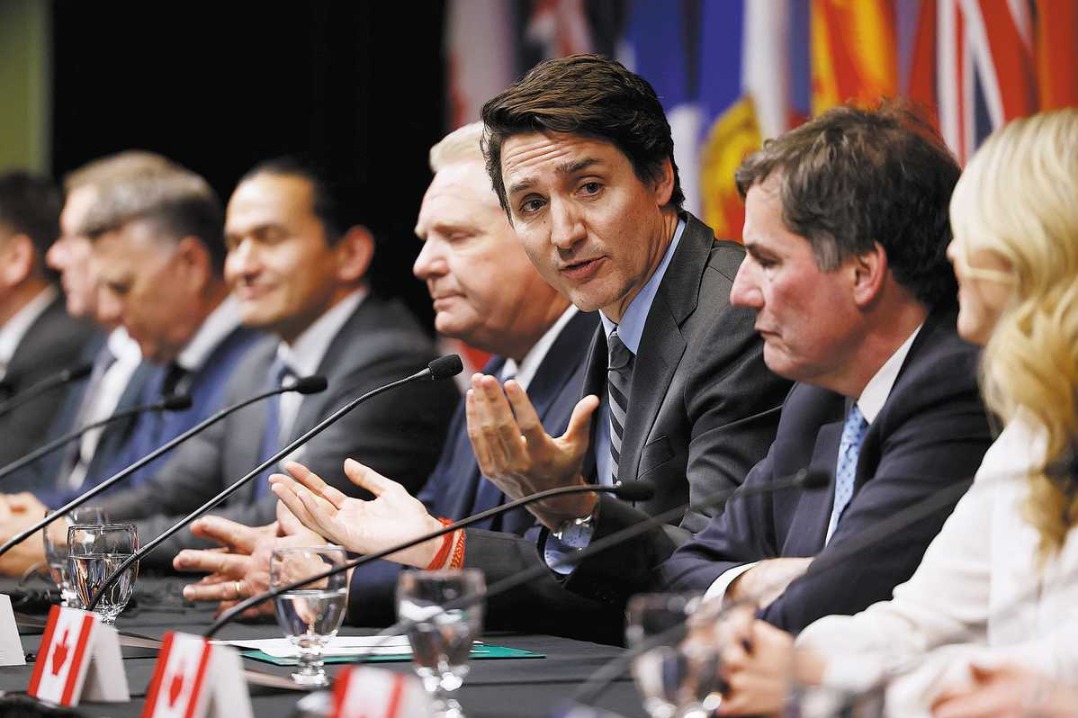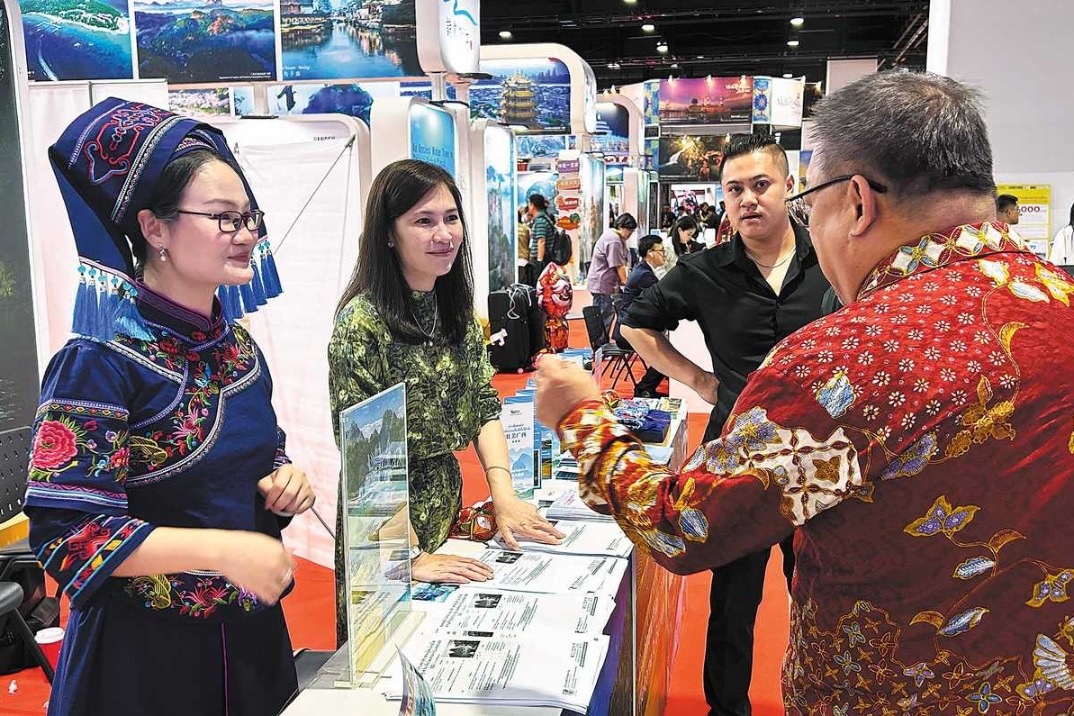Cooperation in East Asia key to economic recovery


Practical efforts against pandemic seen critical in a period of turbulent changes
Cooperation between China, Japan and South Korea helps promote regional and global economic recovery and is fundamentally important to maintaining order in East Asia as the world enters a period of turbulent changes, analysts said.
The three countries should continue with practical efforts to boost cooperation in fighting against the novel coronavirus and push forward trade and economic cooperation in the wake of the COVID-19 pandemic, they said.
"Looking back, trilateral cooperation was carried forward despite the impact of the coronavirus which is still raging across the world. Governments in China, Japan and South Korea have been cooperating with each other in a pragmatic way especially in combating the virus," said Zhou Fangyin, president of the Guangdong University of Foreign Studies' School of International Relations.
As a result, the industry and supply chains in the three countries have been relatively stable and China's bilateral trade with its two neighbors remain at a high level, Zhou said.
"This is not an easy thing," he said.
Statistics from the General Administration of Customs showed that in the first 10 months of last year, the trade volume between China and Japan was 1.8 trillion yuan ($275.76 billion), a year-on-year increase of 1.5 percent. The figure between China and South Korea reached 1.62 trillion yuan, up 0.8 percent year-on-year.
Contributing more than 20 percent of the entire world economy, the three Asian countries were among the first to bring COVID-19 under control and resumed work and production, which has contributed to a regional economic recovery and to the stability of the global economy.
Zhou said the progress stemmed from the effective coordination and measures taken by the three countries.
In March, State Councilor and Foreign Minister Wang Yi held a special video conference on COVID-19 with South Korean Foreign Minister Kang Kyung-wha and Japanese Foreign Minister Toshimitsu Motegi.
During the meeting, the ministers agreed to strengthen China-Japanese-ROK cooperation to curb the spread of COVID-19. They also agreed to seek mutually acceptable solutions to maintain necessary people-to-people exchanges related to economic cooperation and trade, stabilizing the industrial and supply chains of the three nations.
'Fast-track' entry systems
In April and November, China established "fast-track" entry systems respectively with South Korea and Japan to facilitate essential travel, including for business purposes.
President Xi Jinping also held phone conversations in 2020 with his South Korean counterpart Moon Jae-in and Japanese Prime Minister Yoshihide Suga respectively. In the talks, the leaders all spoke positively of mutual support and assistance in the battle against the virus.
High-level exchanges between China, Japan and South Korea is a highlight of last year's trilateral cooperation and such exchanges should continue to guide future cooperation, Zhou said.
The three countries are also among the 15 participating countries in the world's largest trade deal signed in November. The Regional Comprehensive Economic Partnership encompasses a third of the global economy.
Wei Jianguo, vice-chairman of the China Center for International Economic Exchanges, said the signing of the RCEP laid a good foundation for negotiations on a free-trade agreement among the three countries.
"As China will be more open under the policy of fostering a new paradigm with the domestic market as the mainstay and domestic and foreign markets boost each other, the two neighbors are increasingly important for building open, stable and safe industry and supply chains in East Asia," Wei said in an article published in November, while calling on Japan and South Korea to share the opportunities and outcomes caused by China's fast development.
He suggested the three countries further reduce tariffs and boost common development in such areas as science and technology, finance, cloud computing, and the green economy.
Foreign Ministry spokesman Wang Wenbin said in a news conference last month that China-Japan-South Korea cooperation is an important part and driving force of East Asia cooperation.
"China attaches high importance to this trilateral cooperation and stands ready to maintain close communication with South Korea and Japan to strive for fresh progress, inject new impetus into post-pandemic economic recovery, and make new contributions to world peace, stability, development and prosperity," he said.
Su Hao, a professor of international relations at China Foreign Affairs University, stressed the necessity of holding the China-Japan-South Korea leaders' meeting in 2021 after the pandemic as further coordination from a higher level is required to deal with existing differences among the three countries.
Su also said China, Japan and South Korea have resumed their supply chains in the fastest and most effective way in the world after the coronavirus. This has led to a good recovery of trilateral economic cooperation.
































